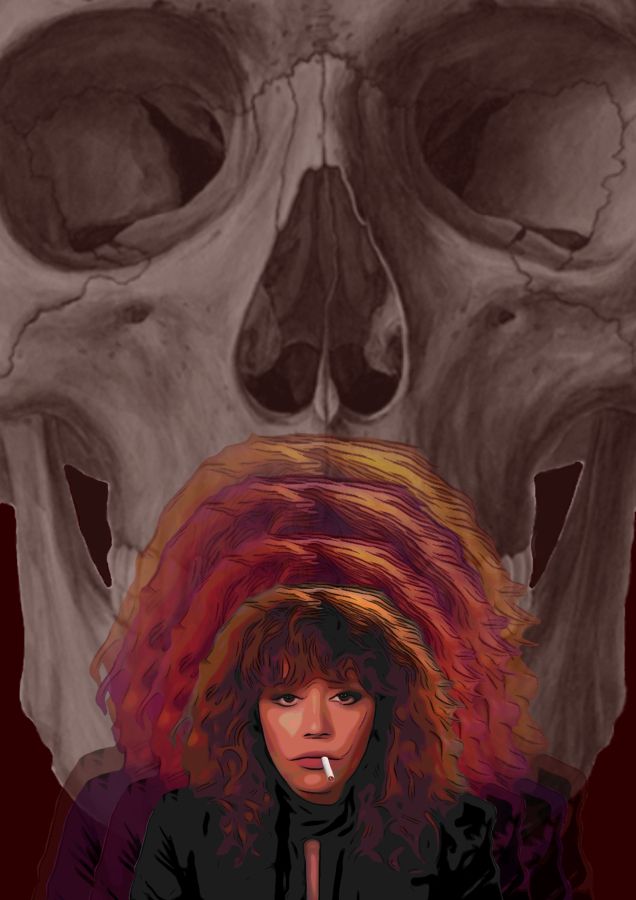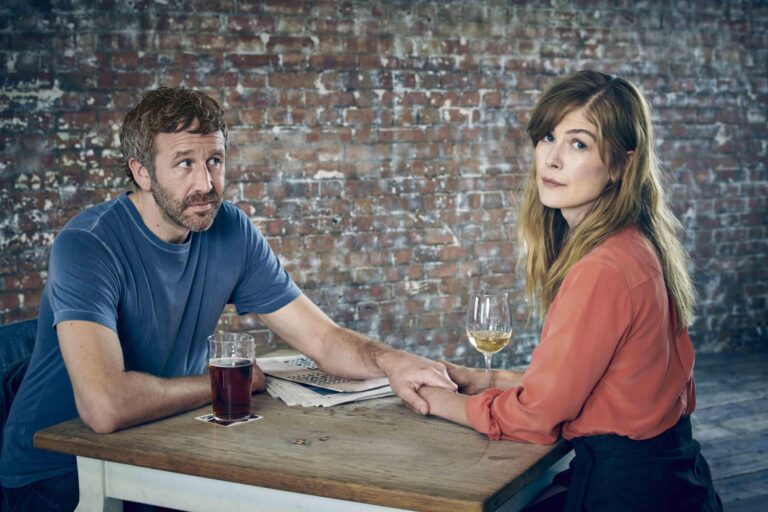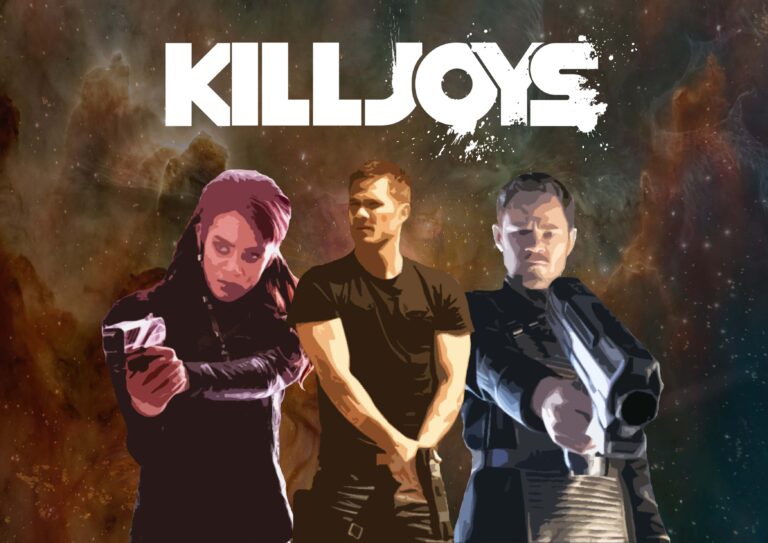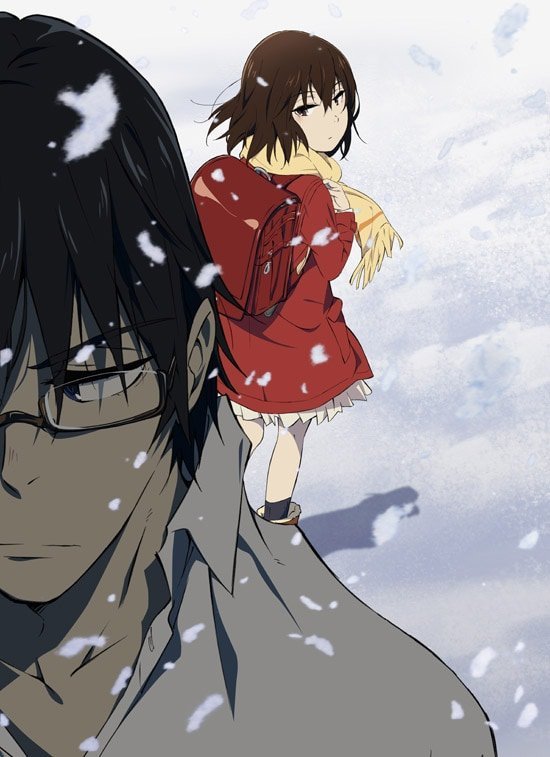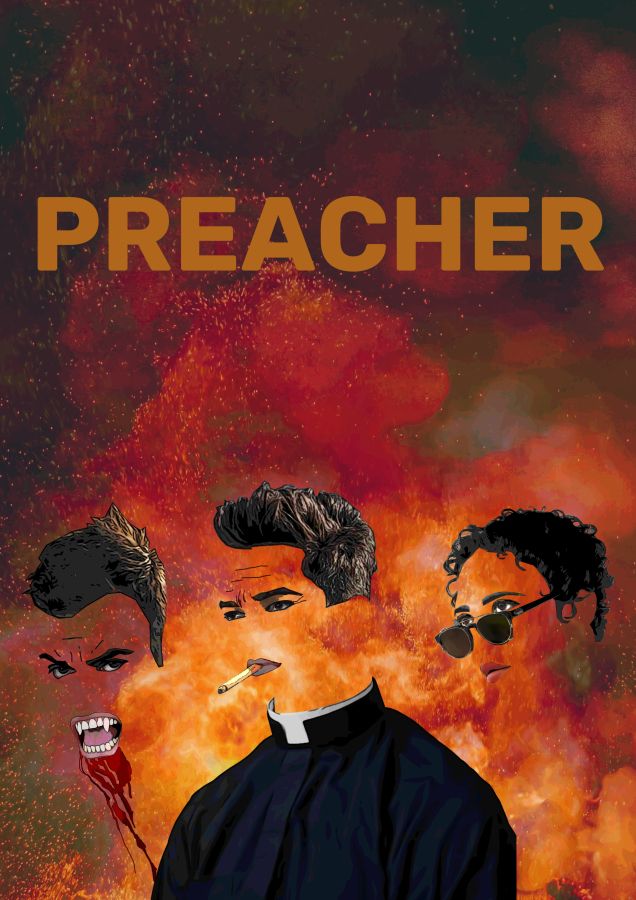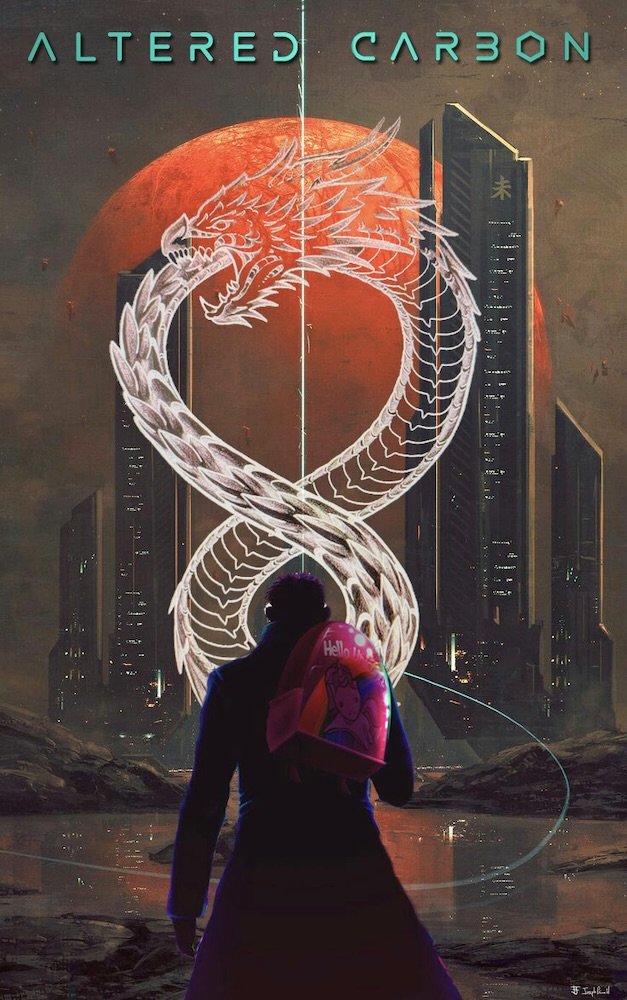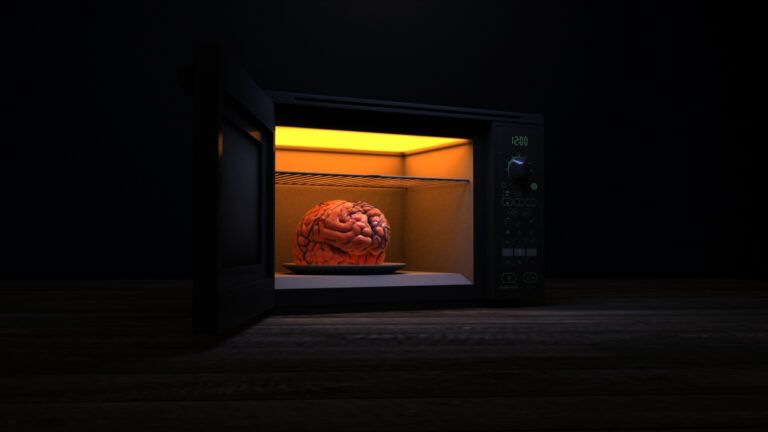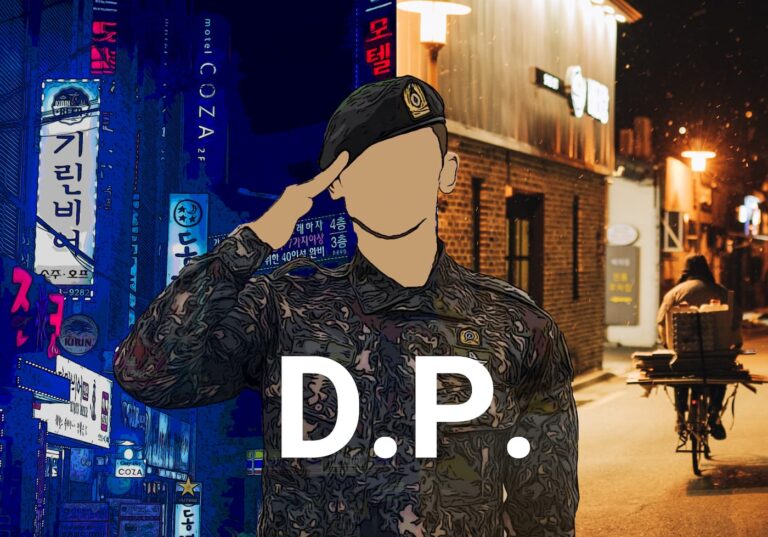Mirror, mirror, on the wall how many lives does this f#cking make in all? Regardless of how much Nadia (Natasha Lyonne) epitomises New York City cool with her smartass mouth, rule-pushing attitude and flawless 80s’ style (that the actual eighties were missing), she won’t be protected from endlessly dying in some new and inventive way. And all before being back in a funked-out-trippy-toilet at her birthday bash, and once again looking into its mirror.
“I am sorry for yelling. I’m having a very hard, never-ending night.”
On the night of Nadia’s 36th birthday, (at a party her friends have thrown her), she’s as usual selfish, horny and worried about her missing cat Oatmeal, and then bam she’s killed by a car – being very much dead-dead. That is until she wakes up again at her birthday party, and as much as she tries to avoid the previous means by which she died, the universe comes up with new ways to kill her off and bring her back to the start. The loop forever repeating, and though she can live longer than some periods, she eventually dies and returns again to the bathroom of her party; where she stares lost and bewildered into its mirror as everything around her stays the same. But does it? Slowly things begin to alter; fruit, flowers etc showing a movement of time that she and others seem to be cut off from, but are they?
Drugs, drinks, death – Nadia repeats the three over and over, and though she tries to find clues as to why she keeps dying and returning; madness, hallucinations, spiritual hauntings etc, it’s only when she meets Alan (Charlie Barnett), a fellow death-time-traveller, that she begins to look at the bigger picture.
Alan is the complete opposite of Nadia; he lacks confidence, loves routines, lives compulsively and is very reserved. From his introduction, the perspective of the series switches back and forth between the two leads, their duet being a perfect fit. However, Natasha Lyonne, who plays Nadia, is charismatically scene-stealing, but with a change and growth in their characters’ personalities it will be interesting to see how the second season works out.
Despite Alan and Nadia being polar opposites, they could be exactly what’s needed in each other’s life; both living with regrets that stop them from moving forward. Another connection is that when Alan dies (in the same time-space as Nadia) he returns to his flat, only to stare disappointedly at his reflection in the bathroom mirror. This use of mirrors seems to hold an underlying meaning, from Nadia’s mother smashing them in an earlier memory, to a more metaphorical meaning with Nadia and Alan both restarting their lives in facing one – forcing them to look deeper at who they are, what they’ve done and how to go about things differently.
“Reflecting on my life and my choices.”
Throughout all of Nadia’s deaths-rebirths she invariably mentions her cat Oatmeal, looking for him obsessively as he fills the hole created by her self-isolating loneliness, and provides a substitute of love that can never hurt her, or more importantly be hurt by her. However, as Nadia experiences more deaths-rebirths she becomes invested in others; seeking to protect her friends, save her family, even helping a homeless man keep his shoes.
Russian Doll constantly references its inspirations especially films like The Game (1997) which looks at the impact a parent’s suicide can have on their child, to the questioning of what’s real and the highly unpredictable nature of both. Then there’s Dead Zone (1983) which looks at the impact a person can have on another’s timelines, especially when you’ve seen what will happen to them if you don’t intervene. However, the strongest for me was Groundhog Day (1993) – another time-loop theme, but it’s the main character that seems most familiar; cynical, witty, cooler than everyone else, grumpy and purposefully self-distancing.
There’s also something punk-rocky to the scenes in Russian Doll, which is emphasised by its fantastic soundtrack. And though you won’t need to listen too carefully to hear the words in Gotta Get Up by Harry Nilsson, which repeats with Nadia’s deaths – you may well notice that the song’s lyrics add to the story’s dialogue – almost as though Nadia is screaming her thoughts out to the universe.
There’s a lot of symbolism in Russian Doll, and a little bit of rib-poking at hipsters; the crystallised-ethereal-blue shining into the black-tiled room of a toilet, while on the other side a person bangs heavily for Nadia to come out. But, and here seems a point; to open the door you have to pull the handle which in itself is an old revolver. So, in a comedic point of symbolism, when Nadia yanks back the door squeezing the trigger of the gun, she’s effectively shooting death as it knocks for her. It’s all very mind-bendingly smart.
The Russian Doll analogy on the other hand seems to represent a new life being born from the old – for when Nadia dies, she’s effectively starting over, much like the computer games she engineers; the characters reloading from their last saved moment until they finally complete the level. The question is will Nadia ever get to the end, and what’s there? The season finale artsy in its answer, while creating a lot more queries.
Season two expands on this but in new directions, meaning there’s a bit of a skip over season one’s ending, but you’ll certainly never get bored. The show continues its dry and brilliant humour, whilst combining a more intimate reflection on family, history and regrets, topped with an existential mental health crisis.
Just when you think they’ve exhausted all possibilities Russian Doll will always find something new to show you, so just roll on the seasons.
Creator: Leslye Headland
Other notable works:
- Terriers 2010
Creator: Natasha Lyonne
Other notable works:
- High Fidelity 2020
Creator: Amy Poehler
Other notable works:
- Lucy and Desi 2022
- Making It 2018 –
- Broad City 2014-2019
- Parks and Recreation 2009-2010
- Upright Citizen Brigade 1998-2000

